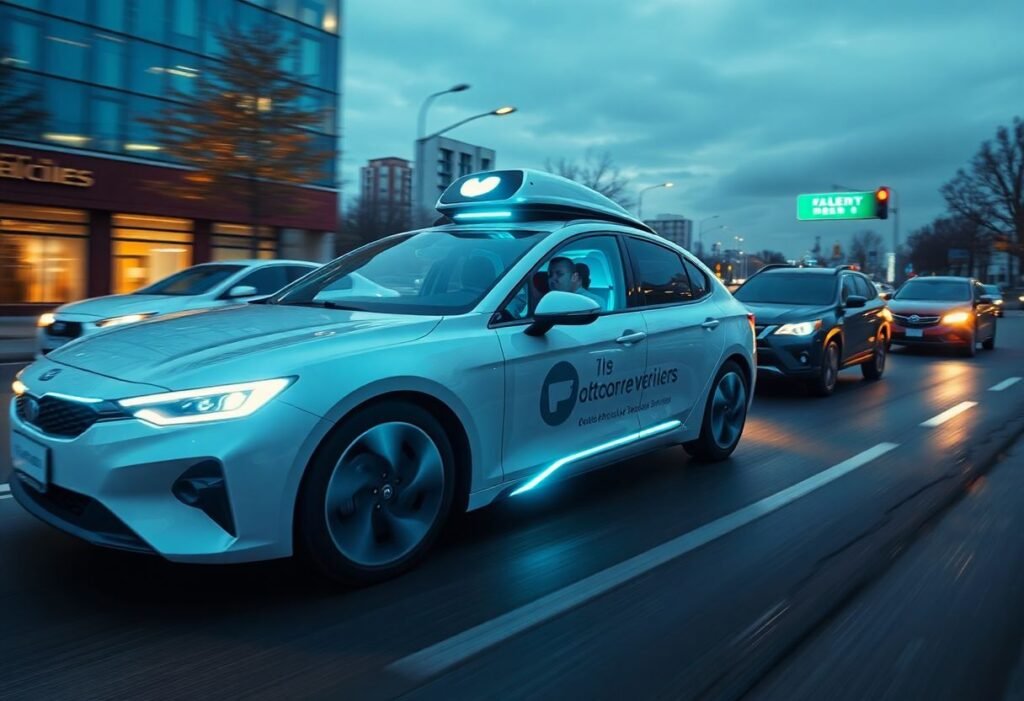Autonomous vehicles are not just a technological marvel; they are revolutionizing the very fabric of businesses across multiple sectors. This innovation is reshaping traditional business models to make them more efficient, sustainable, and consumer-friendly.
The Impact of Autonomous Vehicles on Business Innovation
The advent of autonomous vehicles has brought about a wave of innovation in the transportation sector. As these vehicles become more prevalent, companies are exploring new business models that leverage this technology. For example, ride-sharing services are evolving from conventional taxi models to embrace a fleet of autonomous cars, significantly reducing operational costs and increasing availability. This shift allows businesses to focus not just on transportation, but on enhancing customer experiences, integrating data analytics for smarter decisions, and maximizing revenue streams.
Challenges and Opportunities for Startups
Startups are particularly poised to benefit from the ripple effects of autonomous vehicle technology. The necessity for software development, data management, and fleet maintenance presents compelling opportunities for new entrants. However, they also face challenges such as regulatory hurdles and competition from established automotive players. By innovating and finding niche markets, startups can carve out significant roles in the emerging ecosystem of autonomous transportation.
Collaboration Between Industries
The rise of autonomous vehicles has prompted collaborative initiatives between various industries. Automotive, technology, and telecommunications companies are joining forces to create seamless and integrated solutions. These collaborations drive innovation and generate new revenue streams, showing how diverse sectors can work together to enhance the capabilities of autonomous vehicles and improve overall business models.
Shifting Regulations Impacting Business Models
Regulatory environments are evolving in response to the increasing presence of autonomous vehicles. Adapting to these regulations is crucial for businesses as they redefine their operational frameworks. Companies must stay ahead by closely monitoring changes in laws surrounding autonomous technologies, ensuring compliance while also influencing policy development to foster a favorable business climate.
Data Utilization in Business Innovation
The data generated by autonomous vehicles is a gold mine for various industries. By harnessing this data, businesses can develop more personalized services and improve operational efficiencies. The insights gained from data utilization help companies refine their strategies, optimize routes, and reduce costs, further driving innovation across sectors reliant on transportation.
Future Trends in Autonomous Vehicle Business Models
Looking forward, the landscape of business models related to autonomous vehicles is poised for growth. Trends suggest a move towards shared mobility solutions and subscription-based services that cater to evolving consumer preferences. These changes will necessitate further innovation, as businesses strive to create more adaptive systems that align with the expectations of the modern consumer.
Disclaimer: The information provided in this article is for informational purposes only and is subject to change. Please verify facts and data with trusted sources before drawing conclusions.





















